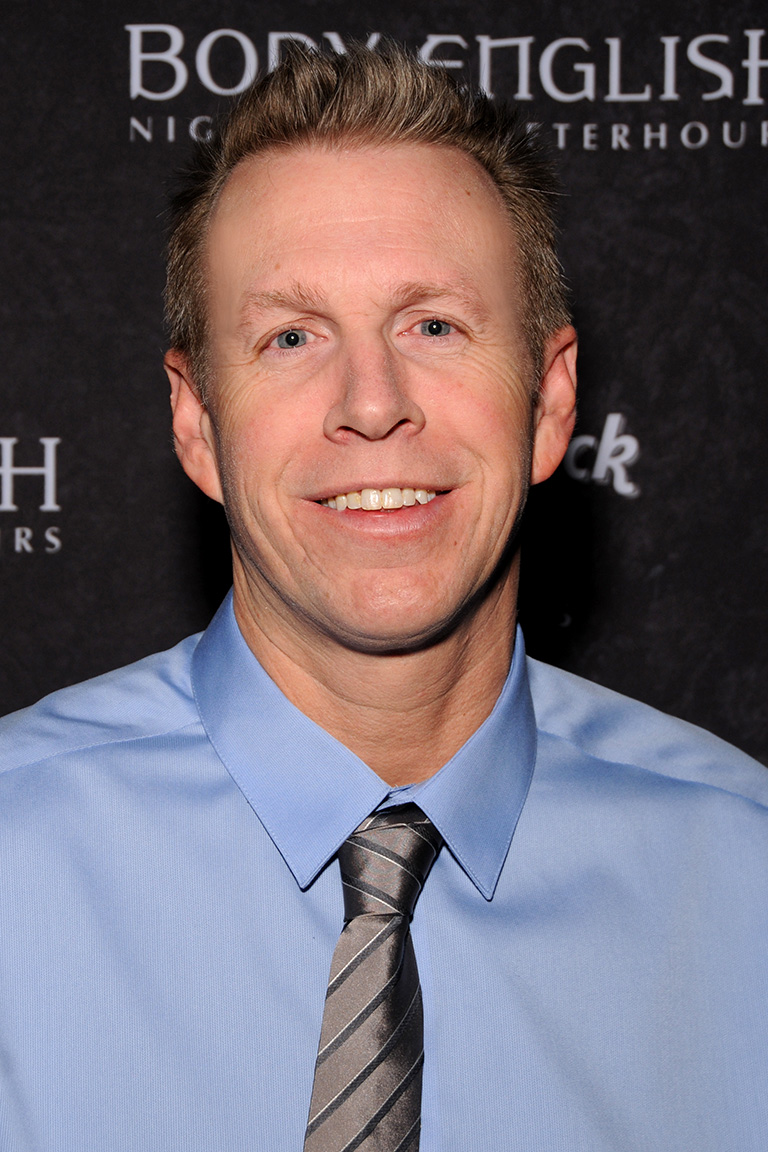It is not only personally but also politically essential that we notify essential thought and cultural reports with a phenomenological understanding of the overall body that contains and resonates with our personal bodies-that is, bodies not merely objectively beheld but also subjectively lived. Usually, even so, and in the most mundane strategies, our product existence equally grounds and motivates us, and we take it so for granted that our personal bodies are not lived mainly as visible sights but instead as sense-generating websites for constituting meaning and acknowledging both of those ourselves and a earth. In infelicitous circumstances, however, lots of of us have also skilled our bodies neither as lived nor even as lived in.11 Rather, we metaphorically apprehend them as a materials restrict, a «prison-house» to be endured. What we want, on the other hand, is not to rid ourselves of images but to flesh them out. We have photos in our heads of «ripped» pecs and abs, oblivious to (or probably mindful and very pleased of?) the hostility and violence of these types of description. So you have to know what issues to talk to. I know I’m a minimal late in the recreation, and it is been advised that this conversation move on (I’ll gladly host it on my have website), but I just saw this connected on my Twitter feed, and I have some concerns.
 Maurice Merleau-Ponty tells us that «to see is to have at a distance.»21 Thus, though vision presents us just one modality by which we can consider aim possession of ourselves, the environment, and other people, this possession is the two partial and ambiguous. Thus, how lots of of us, following a really hard working day at the academy lecturing about the deplorable colonization, technologization, and reification of «the body» in «the culture of the spectacle,» go off (normally for all the erroneous reasons) to treadmills, Stairmasters, and Cybex devices to make that physique really hard? Thus, every person life generally as an item as well as a topic in the earth, and each individual human body is as a great deal a puzzle and impediment to the consciousness that life it as that body is also a clear or pleasurable usually means by which consciousness can have, practical experience, and benefit a globe at all. » Indeed, in contemporary (self) surveillance lifestyle, how a lot of among the us- gentlemen as nicely as women-feel at property in our bodies fairly than trapped by thirteen. For associated dialogue of alienation from one’s have system, significantly in states of agony and sickness, see the chapter «The Dys-showing Body,» in Drew Leder, The Absent Body (Chicago: University of Chicago Press, 1990), 69-99. Leder writes, «The disruption and constriction of one’s recurring globe hence correlates with a new relation to one’s body.
Maurice Merleau-Ponty tells us that «to see is to have at a distance.»21 Thus, though vision presents us just one modality by which we can consider aim possession of ourselves, the environment, and other people, this possession is the two partial and ambiguous. Thus, how lots of of us, following a really hard working day at the academy lecturing about the deplorable colonization, technologization, and reification of «the body» in «the culture of the spectacle,» go off (normally for all the erroneous reasons) to treadmills, Stairmasters, and Cybex devices to make that physique really hard? Thus, every person life generally as an item as well as a topic in the earth, and each individual human body is as a great deal a puzzle and impediment to the consciousness that life it as that body is also a clear or pleasurable usually means by which consciousness can have, practical experience, and benefit a globe at all. » Indeed, in contemporary (self) surveillance lifestyle, how a lot of among the us- gentlemen as nicely as women-feel at property in our bodies fairly than trapped by thirteen. For associated dialogue of alienation from one’s have system, significantly in states of agony and sickness, see the chapter «The Dys-showing Body,» in Drew Leder, The Absent Body (Chicago: University of Chicago Press, 1990), 69-99. Leder writes, «The disruption and constriction of one’s recurring globe hence correlates with a new relation to one’s body.
As we now effectively know, uncanny in German is the «umheimlich,» the «un-homeliness» that is however disturbingly acquainted. «Consciousness is not a pure self-existence,» Gary Madison emphasizes: «the issue is current to and is familiar with by itself only via the mediation of the human body, which is to say that presence is normally mediated, i.e., is indirect and incomplete.»20 Among the modes by which our considerable bodies mediate and allow consciousness obtain to both equally alone and the environment is our feeling of eyesight. That is, our bodies are ourselves: they are not factors that entice us, as recommended by the fellow on my postcard rather, on the other hand finite, located, and delimited, they are modes of accessibility and capacities that permit us. At these types of moments (most commonly in the bodily knowledge of ailment but also in emotional activities these as humiliation) our bodies are not transparently our cell properties, having us where we want to go, enabling us accessibility to and commerce with the earth-nor do we acquire them up as items that, like properties, belong to us, that we have in the pleasure or despair that attaches to the ownership of a perpetual «fixer-upper.» Indeed, in the worst situation our bodies appear not to belong to us at all.
